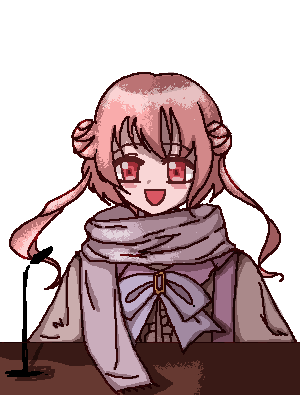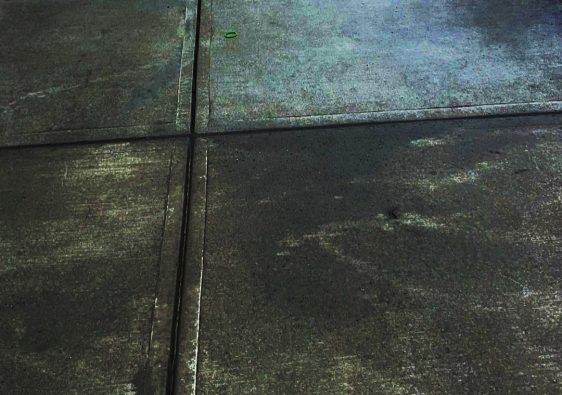Ghost of Martinaise
Harrier Du Bois
Our hero of Martinaise wakes up with nothing, neither money nor memory. The actions after are all decided by players, like whether Harry is going to be a bad ‘cop’ with Fascism, or a Communist but with no power to change anything.
What does Harry want? He is always chasing ethereal shadows, and cries for questions which will never be answered.
What does Harry need? He yearns for endless alcohol, maybe with some beautiful ladies around, though those things will only let him get less and less sober.
What are Harry’s flaws? Well, that’s countless. The colleagues think he is feigning madness and selling himself silly. Dora, Harry’s ex-wife, cannot endure our hero’s action of self-degradation and irresponsibility. Even his best friend, Kim Kitsuragi, considers Harry as an incorrigibly racist.
*I am not claiming that Extremism about war and people is correct.* But all of these create such a flesh-and-blood Harry, Harrier Du Bois, the man deep in the mire yet questing for a glimmer of light beneath the obscuring sun.
Harry changes when he has developed a bond with others. Whatever his approach to the outside world, he has an attitude which is vital for him not to escape again but face the reality.
He used to drown in sorrow, with thoughts that this would help him get away from despair. But we all know that escape will only cause irreparable regret, like Harry tried to use alcohol and drugs to paralyze the ego, but eventually lost Dora, and many of his colleagues. As he tries to contact the world and not to close his heart, the world shows a different side to him and he can now make his own choice, thus not inviting nothingness which leads to destruction.
In the task of questioning Klaasje, a spy indirectly leading to a serious case (but we actually do not know it while making the choice), Harry can choose to either let her go or send her to Moralist International and put her on trial. We players, or Harry, at this moment, need to combine values with multiple considerations. Klaasje is poor, as she’s having the most cheerful time with her lover after the long exile when the murder accidentally comes(and her lover was shoot in front of her); she is also abominable because of hiding too many details which add much difficulties to our investigation, almost leads the conclustion to a wrong way. Not the result but the moment Harry starts to decide is important, as in the past, Harry would only say ‘none of his fxxking business’ and take a big sip of beer. He now has connected to the world.
How does Harry’s identity relate to issues of representation?
Harry has too many identities. As an excellent serious crime investigator, though alcohol causes temporary amnesia, he has not lost any of those original great qualities, like the keen instinct for murder or rigorous approaches to deduction. At the beginning of the game, when he wakes up from being drunk, he can still remember to record the footprints left on site and thus extrapolate information (sex, jobs, lookings, relationships, etc.) about those suspects.
As a helpless man suffering from some mental illnesses, he can suddenly lose his sanity when he is irritated by others’ words. Even a broken telephone booth can cause delusions and let Harry hit it violently. Meanwhile, his dreams always look so bizarre as Doris, the hanging man, and many indescribable creatures appear in some strange ways, which are all the cruel embodiment of the sentiment to the outer world.
Harry fits the archetype of hero. He wakes up, knows nothing about the world, and starts his journey soon. He changes his attitude towards persons, society, countries, even all the world.



